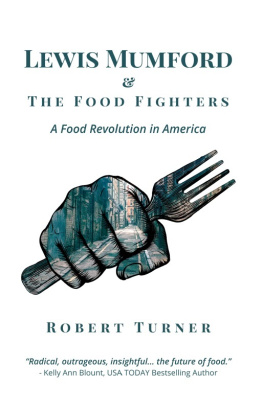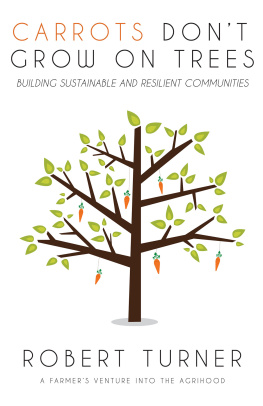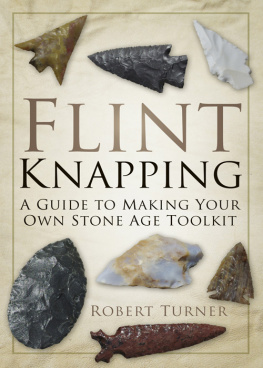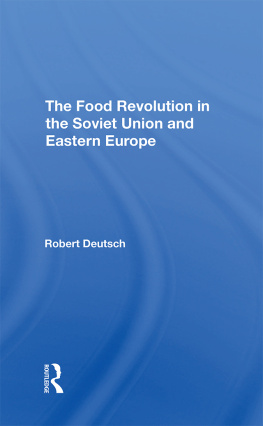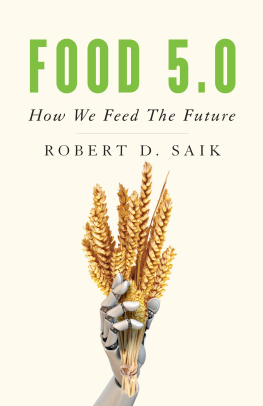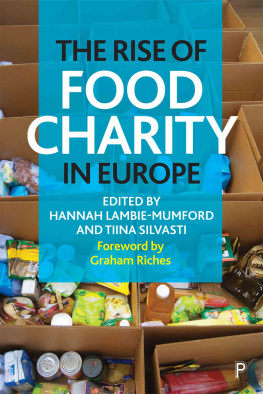Discovery Books, LLC.
Published by Discovery Books, LLC
339 Avery Creek Road,
Arden, NC. 28704
www.discoverybooksllc.com
First Published in the United States by Discovery Books, LLC.
Copyright 2022 by Robert Turner
All rights reserved.
The Library of Congress has cataloged this paperback edition as follows:
Turner, Robert
Lewis Mumford and the Food Fighters: A Food Revolution in America
p.cm.
Includes bibliographical references
ISBN 978-1-9464-1251-5
Library of Congress Control Number: 2021948253
1. Agriculture 2. Food Security 3. Food Habits
Printed in the United States
Book design by Discovery Books
Segments of this book have been reprinted from articles in The Laurel of Asheville magazine with permission from the publisher.
MORE PRAISE FOR
LEWIS MUMFORD AND THE FOOD FIGHTERS
Part Appalachian tall tale, part thoughtful critique of the global systems that feed us, Turner weaves an engaging story about people working together to create a new way to eat that is better for land, community, and the planet.
Laura Lengnick, author of Resilient Agriculture: Cultivating Food Systems for a Changing Climate.
Warmer climate means two things: floods and drought When that happens, crops fail. And when that starts to happen on a global scale mass migration becomes a strategic problem. There will be food shortages. There will be border wars. There will be water scarcity and countries will fight over water. Countries will fight over the fact that migrants are going from one country to another.
Mike McConnell, former United States Director of National Intelligence
DISCLAIMER
This book describes the authors experience with farming and the industrialized food system and reflects his opinions relating to those experiences. Some names and identifying details of individuals mentioned in the book have been changed to protect their privacy.
CONTENTS
CHAPTER ONE
THE SCHOOL OF POSTMODERN ACTIVITIES
One time I had to kill a guy.
In a clandestine hideout on a dark and snaky road deep in the woods of Appalachia, a grungy group of men made a terrible, fateful decision.
We have to kill El Tigre, said Butch in a cold, angry voice.
El Tigre, as he was known in parts of Central and South America, deserved to die for all the trouble that he started. I figured wed be doing the world a favor.
El Tigre had a first nameit was Tony. Thats right, Tony the Tiger, and he came out of New York, the creation of an advertising man from the corporate underbelly of Manhattan. Sure, he was a cartoon character and a brand mascot, but that didnt make killing him any easier.
When I last saw El Tigre on television, I couldnt help but notice that he was looking bigger and stronger than I remembered him, like he had been working out, and I wondered if I could still take him. But I knew even then it was all just a false rendering of the truth and part of a sinister deflection and propaganda campaign, one that was designed to convince children that its alright to eat lots of sugar. Just get a little exercise and youll be fine, they said. Tony even wore a shiny coachs whistle around his neck. Hes a dead man.
I was heading down a precarious path when I found myself in this meeting with a disorganized gang of revolutionary insurgents bent on disrupting the industrialized food system as we know it. I would eventually come to lead them for a brief time, haphazardly, with both feet slipping precariously on the greasy, slimy floor of a darkly lit Brazilian meat factory. International Corporate Kingpins had taken over the food supply, with all the stench of rotting waste and filth and corruption, and someone had to stop them.
For my cover, I was a manager of a small, experimental farm and I read research papers. I also wore reading glasses. After a decade undercover I decided that the modern, industrialized food system was not sustainable. It was heavily dependent on fossil fuels, seriously damaging to the environment, and a major contributor to climate change. But I could see something else much more ominous on the horizon: the complete and total collapse of the corn belt economy, resulting in millions of acres going fallow and economic devastation in the Heartland. Midwestern rural America was headed for a train wreck, and no one saw it coming.
So me and a bunch of oddball fuckups were going to try to do something about it. My neighbor Lewis Mumford was there to pull us back from the brink.
The School of Postmodern Activities, as it came to call itself, is not a school. Its a subversive, covert organization dedicated to dismantling the corporate control of our food supply.
Located fifteen miles outside of Asheville, North Carolina, its hidden in a tiny, one-room schoolhouse that was built in 1920, with asbestos shake siding painted brightly red, and tucked away nicely on a twisting mountain road deep in the green woods of the Pisgah National Forest. Im talking about Western North Carolina, the heart of Appalachia, where the spine of the Blue Ridge mountains cut the eastern United States in half. The road dead-ends just a few miles past the old wood schoolhouse where the mountain gets too steep and says, go no further. The school was the perfect hide-out for a clandestine operation, with lots of tree cover, and almost impossible to find or spot from a helicopter.
A small path behind the schoolhouse vanished into the trees as an easy escape route. If you knew the way through the nearby Pisgah Forest, you could make it to the Appalachian Trail in about ten miles, and from there flee all the way to Southern Georgia or Northern Maine, depending on which way you turned when you got to the dirt footpath, and you would never have to leave the woods. Bring food and water.
The organization is made up of various misfits, farmers, hippies, artists, petty criminals, poets and other beatniks, pranksters, and rebellious types. A couple rich people fill out the group to finance operations, but they didnt often attend the meetings. We listened mostly to the scientists, but we recruited as many guitar players and tree huggers as we could because we needed boots on the ground. They would become our food fighters, and as it turned out, they would do just fine.
In the artist group, many were bohemian by nature, because they believed first in freedom, (meaning never holding a real, full-time job, and a 48-hour workweek was laughable to them), free love when they could get it, and avant-garde art when they could create it from scrap materials laying around. Some lived in the Asheville art district down by the river, in old, dilapidated warehouse buildings converted into art studios along the French Broad. Many of these artist-types slept on a couch, or a cot, or in a sleeping bag on the floor of their shabby little studio because they couldnt afford to pay rent anywhere else. The threat of fire was always present in these dirty, run-down warehouses by the river, especially with so many old kilns set up for glassblowing or pottery and just sitting there, waiting to torch the place.

